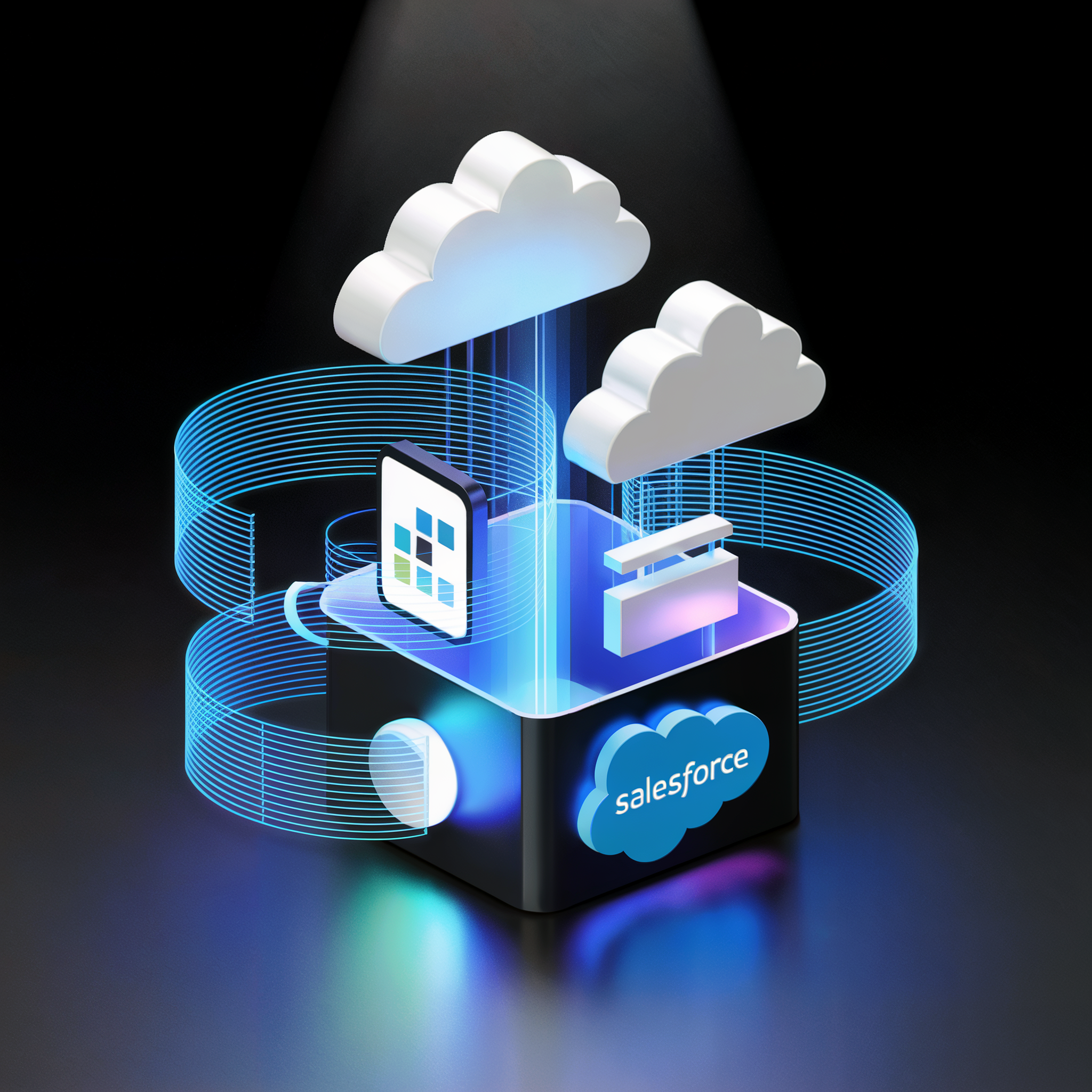
Creating a Salesforce managed package has traditionally required deep knowledge of Apex, Lightning components, and packaging tools. But now, thanks to platforms like Appnigma, you can build and deploy a fully functional managed package—without writing a single line of code.
This article is for SaaS founders, RevOps leaders, and product managers who want to build powerful Salesforce integrations without hiring a team of developers. Here’s how you can create a scalable, upgradeable managed package using Appnigma.
What Is a Managed Package?
A managed package is a collection of Salesforce components packaged together for distribution. These components can include custom objects, fields, flows, Apex classes, and Lightning components.
Managed packages are required for publishing apps on the AppExchange and are essential for ISV partners. They provide:
Namespace protection to prevent conflicts with other packages
Upgrade paths through version control
Visibility into usage through licensing tools
Enhanced security and support from Salesforce's AppExchange review
Unpacking the Complexity of Managed Components
When creating a managed package, you're building managed components that become part of a namespace-protected package. These include everything from fields and flows to automation scripts and data models. Each component must meet strict packaging standards.
The Old Way: Developer-Centric, Time-Intensive
Traditionally, creating a managed package meant:
Setting up a developer org for initial development
Writing custom code using Apex and Visualforce
Building Lightning components for UI interaction
Testing metadata and fixing package dependencies
Using Salesforce CLI or Developer Console to create and deploy
This method involves Salesforce DX, CLI commands, and tracking each package version across Salesforce orgs. It's powerful but time-consuming.
The New Way: Appnigma's No-Code Approach
Appnigma removes these complexities. It lets you build a managed package through a visual interface and deploy to a target org without touching code.
Under the hood, Appnigma:
Establishes a package name and namespace for your app
Assembles managed components automatically
Handles package dependencies and metadata consistency
Compiles your app into a deployable managed package
Generates the new version when changes are made
Step 1: Define Your Use Case
What do you want your app to do inside Salesforce?
Sync external customer data like usage or subscriptions
Embed dashboards from other systems
Trigger Salesforce automation based on events
Get clear on the functionality first.
Step 2: Create the Package Visually
Log into Appnigma and create your managed package using the no-code builder. Add:
Data models (objects, fields, tables)
UI elements like iframes and modals
Workflow logic using point-and-click tools
You define what happens, Appnigma assembles the rest.
Step 3: Configure Data Flows
Define how data flows between your system and Salesforce:
Choose API trigger points and response handling rules
Let users map external data to Salesforce fields during install
You control this entirely from the visual builder.
Step 4: Build and Deploy to a Target Org
Once your package is configured:
Click "Deploy"
Appnigma generates the metadata and compiles the package
A secure install link is created for your target org (sandbox or production)
You can test instantly—no waiting on deployment cycles or writing code.
Step 5: Version and Upgrade When Ready
Need to push a new feature? Appnigma supports new version creation. Just make your updates, and it generates a fresh package version with proper version tracking.
It even manages your package dependencies so you can build complex solutions without conflicts.
Benefits of a No-Code Managed Package
Faster time to market: From idea to AppExchange in weeks
No Apex or Salesforce DX required: Zero dev team needed
Enterprise-ready: Deploy to any Salesforce orgs
Upgrade support: Every change becomes a trackable package version
All-in-one platform: Create, manage, and launch your app from one place
Managed vs. Unmanaged Package: Know the Difference
An unmanaged package is meant for one-off deployments or prototypes. It lacks upgrade capabilities, namespace protection, and version control. In contrast, a managed package is versioned, secure, and AppExchange-ready.
For B2B SaaS, unmanaged packages are a dead end. Managed packages are the only path to scale.
Frequently Asked Questions
Is this method secure?
Yes. Appnigma builds metadata and code that conforms to Salesforce's secure development guidelines.
Can I upgrade my app later?
Absolutely. Each version is compiled as a new package version, and Appnigma tracks it for you.
What about Salesforce CLI or Salesforce DX?
Appnigma handles those under the hood. You don’t need to run commands or manage deployment scripts manually.
Can I list on AppExchange using this package?
Yes. Appnigma helps with security review prep, namespace creation, and ISV onboarding.
What if I have other packages?
Appnigma supports integration and dependency resolution across other packages, making it easier to manage complex ecosystems.
Final Thoughts
Building a managed package no longer requires weeks of writing Apex or mastering the Salesforce CLI. With tools like Appnigma, you can design, deploy, and maintain upgradeable Salesforce apps without code.
You focus on your use case. Appnigma handles the packaging, versioning, dependencies, and deployment.
Get your B2B SaaS live on AppExchange in weeks—without the traditional cost or engineering lift.
Ready to transform your Salesforce experience?
Start exploring the Salesforce Exchange today and discover apps that can take your CRM efficiency to the next level.